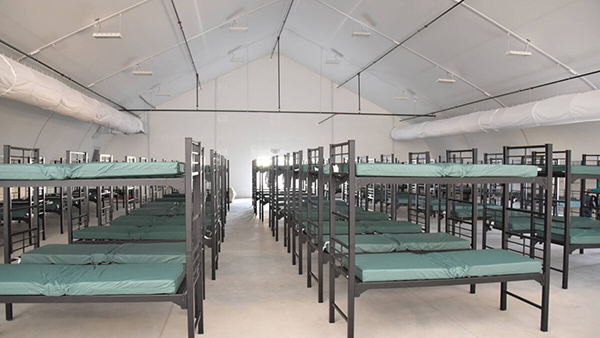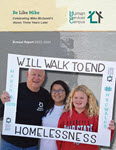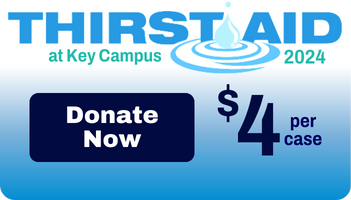About
About
Keys to Change Leadership Team
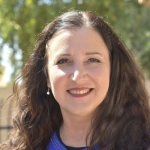
Amy Schwabenlender
CEO
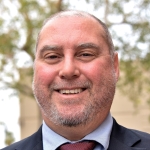
Joseph Losada
CFO
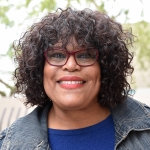
Letticia “Tish” Brown-Gambino
Associate Executive Director
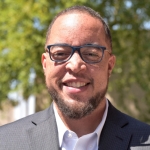
Richard Crews
Program Director
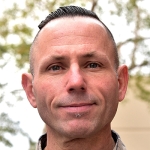
AAron Iverson
Operations Director

Christina Fankhauser
Director of Development

Douglas Dempsey
Human Resources Director
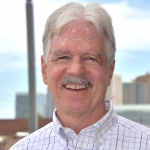
Steve Davis
Development
Keys to Change Board of Directors
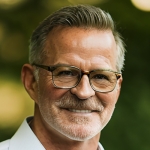
Myron Hammes
Chair
Community Volunteer
Chair

Shannon Ramirez
Vice Chair
Moss Adams
Vice Chair
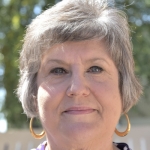
Robin Romano
Treasurer
Marisol Federal Credit Union
Treasurer

Kelly Mills
Secretary
Office of U.S. Senator Kyrsten Sinema
Secretary
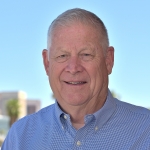
Mike McQuaid
Co-founder/Past Chair
In Memory
In Memory
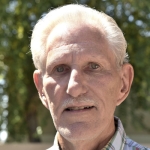
Terry Araman
Community Volunteer
Community Volunteer
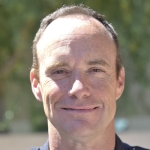
Commander Brian Freudenthal
Phoenix Police Department
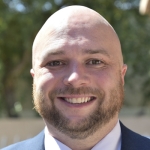
Chris Glover
ASU School of Applied Professional Studies
ASU School of Applied Professional Studies
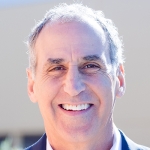
Guy Inzalaco
Olympia Companies
Olympia Companies

Yareli Lopez
Casey Family Programs
Casey Family Programs
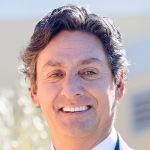
Jeff Lowe
MidFirst Bank

Rima McIntire
Moss Adams
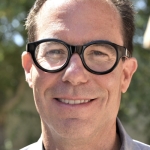
Bill Morlan
Electric Supply, Inc.
Electric Supply, Inc.

TJ Swearengin
Lee & Associates

Patrick Tighe
Snell & Wilmer
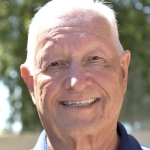
Arlen Westling
Community Volunteer
Community Volunteer

Rose Wiley
Community Volunteer
Community Volunteer

Joselyn Wilkinson
Community Volunteer
Community Volunteer
Through the collaborative approach of Keys to Change hundreds of clients have daily access to social support services, job assistance, convenience items, behavioral health, legal services and more. Public and private partnerships have been and continue to be the backbone of our organization – our successes are a result of the cooperative and collaborative work of the many compassionate, progressive visionaries in our Valley of the Sun community.
Milestones at Keys to Change
In November 2005, the HSC (now Keys to Change) opened the Human Services Campus (now Key Campus) in downtown Phoenix. A non-profit, private, government, and community collaboration that provides wrap-around services for adults experiencing homelessness, the Campus has become a national model. Keys to Change operates the Lodestar Day Resource Center, which since its’ inception in 2005 has been referred to as the “hub” of the Campus, housing an extensive array of human services needed to begin the transformation from crisis to stability and self-sufficiency.
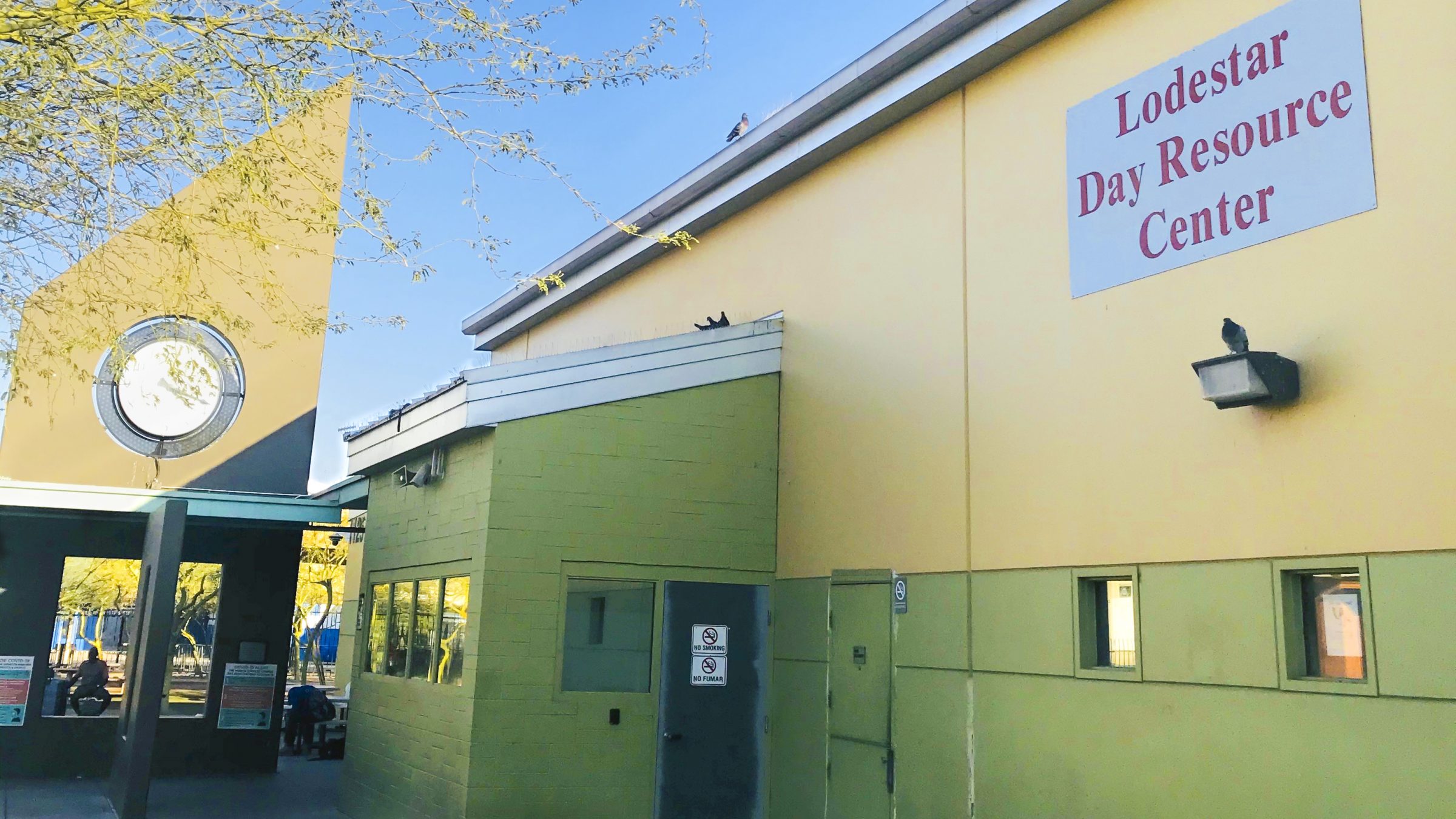
In March 2017, with donations from the Garcia Family, the Maricopa County Industrial Development Authority (IDA), and the Thunderbirds Charities, the Brian Garcia Welcome Center was opened. In addition to honoring the life of Brian Garcia, a frequent volunteer at the campus, the Welcome Center helps clients receive services more expeditiously. The opening of the Welcome Center has allowed Key Campus to expand its capacity, meet its clients more expediently, and more effectively coordinate services to empower people to end their homelessness. The Welcome Center provides assessments for nearly 500 unduplicated clients each month. Nearly 10% of clients are diverted from homelessness via reunification with family and friends. In addition, our Street Outreach Program aims to increase client engagements and help individuals navigate all the services available on the Campus.
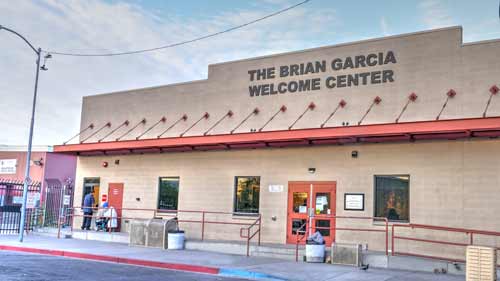
In April 2022, Keys to Change opened Respiro, a 100-bed “sprung structure” shelter with a wraparound concept that believes in being the stepping stone to ending homelessness. Campus partner St. Vincent de Paul graciously lent the northern-most part of its Urban Farm to provide the space for Keys to Change’s 6,300-square-foot pre-fabricated building in a community effort to help provide additional shelter to those in the area. In return, the farm will expand onto Key Campus land to the east.
The area surrounding Key Campus has seen a drastic rise in homelessness since the pandemic growing from 400 people living in tents on the streets surrounding the campus in January 2021 to more than 1,000 people in October 2022. Key Campus provides program staff and security at the $1.6 million structure funded by the City of Phoenix. Key Campus prioritizes two groups of people for Respiro:
- People camped on the streets surrounding the Campus who have a housing voucher but are unable to find housing due to market conditions and those already accessing services but unable to find shelter.
- Vulnerable people experiencing significant barriers to housing, including individuals of advanced age and young adults, medically vulnerable people, domestic violence survivors, veterans and individuals discharged from hospitals overnight.
Through the process of case management, supportive services and other providers, clients are given direct attention that allows them to fill in the gaps of past attempts that did not allow them to progress towards ending their homelessness.
